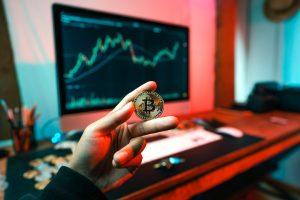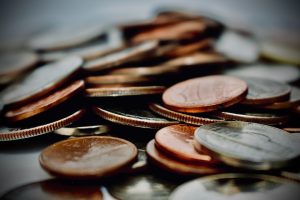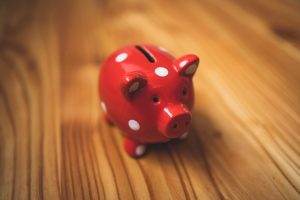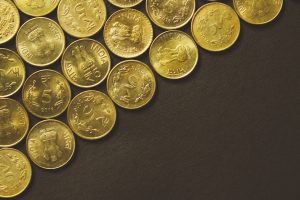Forex or foreign exchange trading is the buying and selling of currencies. It is a decentralized market that operates 24 hours a day, 5 days a week. Forex trading has become increasingly popular over the years, and it is estimated that there are around 15 million forex traders worldwide. However, the percentage of people who actually trade forex is relatively small. In this article, we will explore the percentage of people who trade forex and the reasons behind it.
According to a survey conducted by the Bank for International Settlements (BIS) in 2019, the daily turnover in the global forex market was around $6.6 trillion. This makes it the largest financial market in the world. Despite the huge market size, the number of people who actively trade forex is relatively small. The BIS survey found that only 5% of the total turnover in the forex market was generated by retail traders. The remaining 95% of the market was dominated by institutional investors such as banks, hedge funds, and other financial institutions.
Retail traders are individuals who trade forex for their own account using online trading platforms. They typically have smaller trading accounts compared to institutional investors and trade less frequently. Retail traders can be divided into two categories: those who trade forex as a hobby or to supplement their income, and those who trade forex as a full-time profession. The former group typically accounts for a larger percentage of retail traders.
So, what percentage of the population actually trades forex? It is difficult to determine an exact figure because there is no centralized database of forex traders. However, some estimates suggest that around 1% of the global population trades forex. This figure is based on the assumption that there are around 15 million forex traders worldwide and the global population is around 7.8 billion.
There are several reasons why the percentage of people who trade forex is relatively small. Firstly, forex trading requires a significant amount of knowledge and experience. Retail traders need to have a good understanding of the fundamentals of the forex market, such as economic indicators, interest rates, and geopolitical events. They also need to have a good understanding of technical analysis, which involves the use of charts and technical indicators to identify trading opportunities. This can take years to master, and many retail traders give up before they become consistently profitable.
Another reason why the percentage of people who trade forex is relatively small is that it requires a significant amount of capital. Retail traders typically need to have at least a few thousand dollars to open a trading account and start trading. This can be a significant barrier to entry for many people, especially those in developing countries where the average income is much lower than in developed countries.
Finally, forex trading is often seen as a risky and speculative activity. While it is possible to make significant profits in forex trading, there is also a high risk of losing money. Retail traders need to be disciplined and have a good risk management strategy in place to protect their capital. This can be a daunting task for many people, and it is one of the main reasons why the percentage of people who trade forex is relatively small.
In conclusion, the percentage of people who trade forex is relatively small compared to the size of the market. Retail traders account for only 5% of the total turnover in the forex market, and it is estimated that around 1% of the global population trades forex. This is due to several factors, including the knowledge and experience required, the amount of capital needed to start trading, and the perceived risk associated with forex trading. Despite this, forex trading remains a popular activity among retail traders, and it is expected to continue growing in popularity in the coming years.






